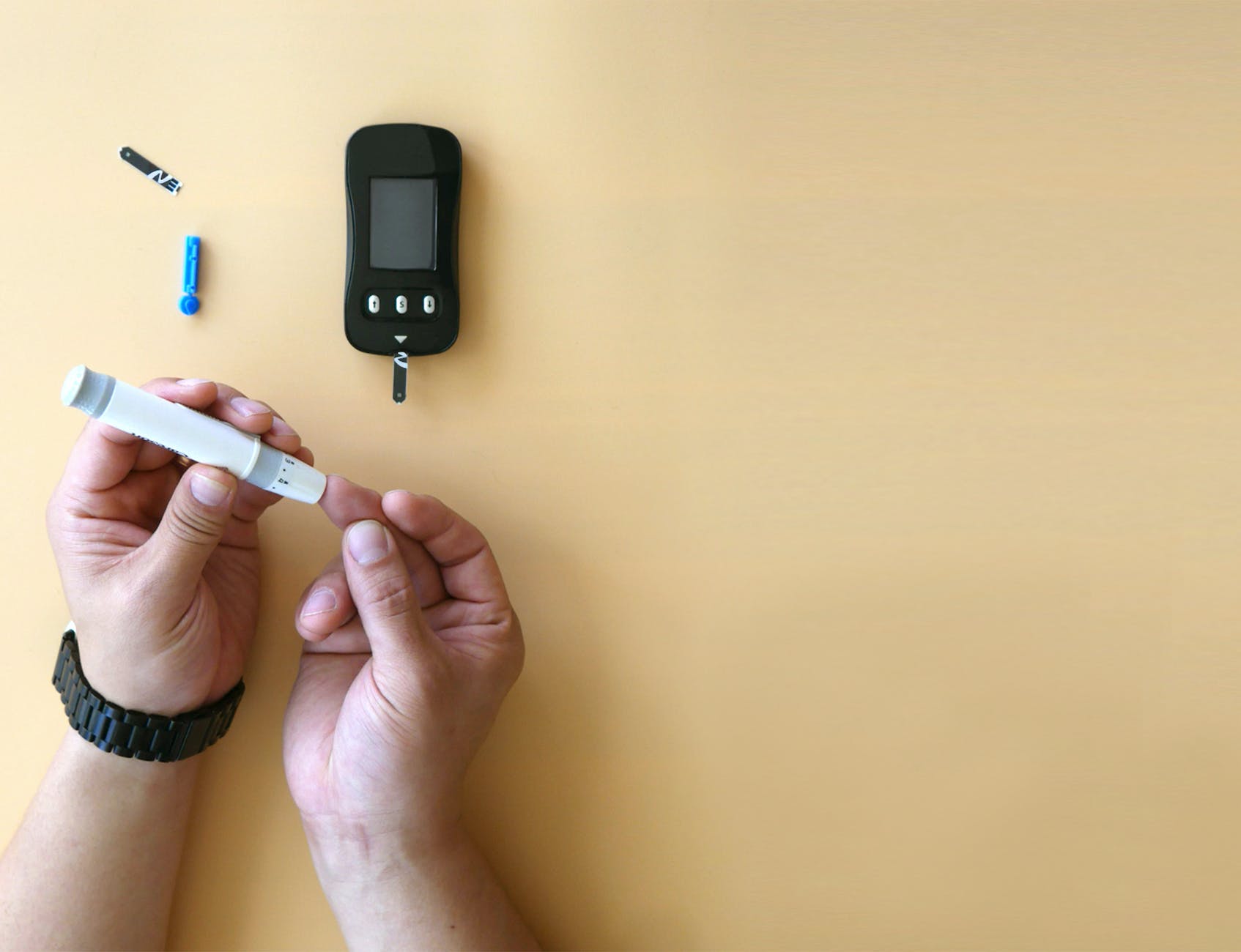Master Your Sugar: Quick Actions for Immediate Blood Glucose Control


- Master Your Sugar: Quick Actions for Immediate Blood Glucose Control
- Introduction to Blood Glucose Mastery
- Why Blood Glucose Regulation is Essential
- 1. The Importance of Diet in Glucose Control
- 2. The Role of Physical Activity
- 3. Stress Management for Blood Glucose Stability
- 4. Regular Blood Glucose Monitoring
- 5. Importance of Medications and Supplements
- 6. The Power of Sleep in Blood Glucose Regulation
- 7. Stay Hydrated
- Conclusion
Master Your Sugar: Quick Actions for Immediate Blood Glucose Control
Introduction to Blood Glucose Mastery
When it comes to maintaining good health, understanding and controlling blood glucose levels is paramount. Fluctuating blood sugar levels can lead to a host of complications, including fatigue, weight gain, and serious conditions like diabetes. Fortunately, we've got your back. In this comprehensive guide, we'll delve deep into strategies and actionable steps to achieve immediate blood glucose control.
Why Blood Glucose Regulation is Essential
Blood glucose regulation isn't just about preventing diseases. It’s about optimizing health, ensuring steady energy levels, and enhancing cognitive function. By mastering your sugar levels, you position yourself for peak physical and mental performance throughout the day.
1. The Importance of Diet in Glucose Control
The foods we consume play a pivotal role in determining our blood glucose levels.
- Complex Carbohydrates Over Simple Sugars: Prioritize foods rich in complex carbohydrates like whole grains, vegetables, and legumes. These break down more slowly in the body, ensuring a steady supply of energy and avoiding rapid spikes in blood sugar.
- Fiber is Your Friend: Dietary fiber, especially soluble fiber, can help control blood glucose levels by slowing the absorption of sugar. Foods like oats, lentils, and beans are rich in soluble fiber.
- Limit Sugary Beverages: Soft drinks, fruit juices, and other sugary drinks can cause rapid spikes in blood sugar. Opt for water, herbal tea, or unsweetened beverages instead.
2. The Role of Physical Activity
Regular exercise can significantly improve blood glucose control, reduce the risk of type 2 diabetes, and boost insulin sensitivity.
- Consistent Aerobic Exercises: Activities like walking, jogging, swimming, or cycling can help the muscles utilize glucose, reducing its amount in the bloodstream.
- Strength Training: Incorporating resistance exercises in your routine can also be beneficial. Strength training helps build lean muscle mass, which, in turn, improves insulin sensitivity and blood glucose regulation.
3. Stress Management for Blood Glucose Stability
Chronic stress can cause a rise in blood sugar levels. Hormones such as cortisol get released during stressful times, increasing glucose production.
- Mindfulness and Meditation: Regular mindfulness practices can help manage stress and its associated effects on blood glucose.
- Deep Breathing Exercises: Taking deep, controlled breaths can activate the parasympathetic nervous system, reducing stress and potentially aiding in blood sugar regulation.
4. Regular Blood Glucose Monitoring
Consistently keeping tabs on your blood glucose levels is the most direct way to understand and manage them.
- Choose the Right Glucose Meter: Different meters suit different needs. Ensure the one you choose is accurate and fits your lifestyle.
- Establish a Monitoring Schedule: Depending on your needs, you might test your blood glucose several times a day or only once. Stick to a schedule to observe patterns and make necessary adjustments.
5. Importance of Medications and Supplements
For some, medications or supplements can be a valuable tool in maintaining optimal blood sugar levels.
- Consult with a Healthcare Professional: Before starting any new medication or supplement, it's crucial to consult with a healthcare professional to determine the best course of action for your specific situation.
- Natural Supplements: Some natural supplements like cinnamon, berberine, and chromium have shown potential in helping regulate blood sugar.
6. The Power of Sleep in Blood Glucose Regulation
A good night’s sleep is more powerful than many realize. Sleep has a direct impact on insulin sensitivity and glucose regulation.
- Stick to a Sleep Schedule: Try to sleep and wake up at the same time daily to regulate your body’s internal clock.
- Ensure Quality Sleep: A deep, uninterrupted 7-9 hours of sleep can positively affect blood glucose control.
7. Stay Hydrated
Water aids in the elimination of excess sugar from the body through urine, helping regulate blood glucose.
- Drink Regularly: Make it a habit to consume water throughout the day, not just when you're thirsty.
- Limit Caffeinated and Sugary Drinks: As mentioned earlier, sugary beverages can spike blood sugar, while excessive caffeine might disrupt glucose metabolism.
Conclusion
Mastering your blood glucose levels is a holistic journey encompassing diet, exercise, stress management, regular monitoring, potential medications, quality sleep, and proper hydration. By integrating these strategies into your daily life, you’ll be on the path to optimal health, well-being, and energy. https://diabetescure4u.com/


